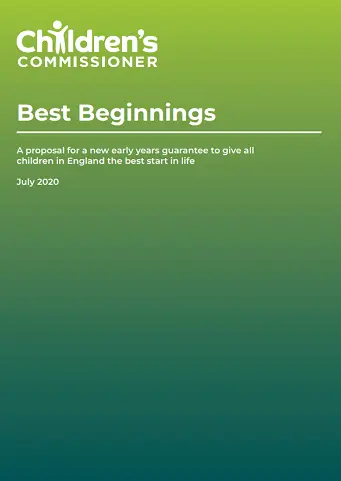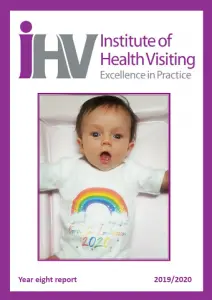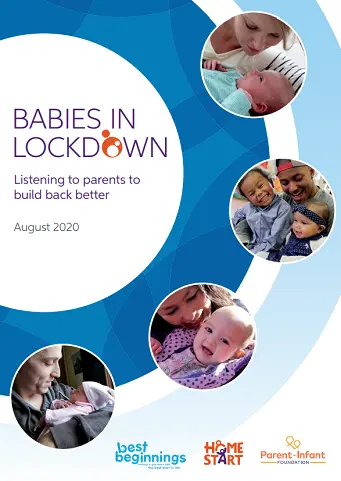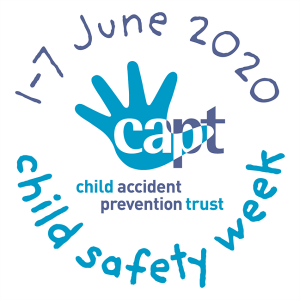The Children’s Commissioner for England has published a report looking at the provision of early years services for children across the country, alongside a warning that many nurseries are at risk of closure, hitting the life chances of some of the most vulnerable children and holding back the economic recovery following lockdown.

The report, ‘Best Beginnings’, is an in-depth examination of early years provision in England. It describes a system that is disjointed and often failing to target those disadvantaged children with development problems who most need early help.
It comes amid a recent warning from childcare providers that one in four nurseries and pre-schools fear closure within the year, rising to one in three in the most disadvantaged areas, as a result of the coronavirus lockdown.
Dr Cheryll Adams CBE, Executive Director iHV, commented:
“Best beginnings is a powerful and very well researched report from Anne Longfield, the Children’s Commissioner and her team. It recommends a strengthened holistic, cross-government approach to ensuring that every infant is supported to meet its full potential, whether through strengthened community services, including health visiting, or a strengthened childcare/nursery offer.
“I particularly liked the starting point: There are certain things that every baby needs as the foundations for a healthy, happy life:
- Loving, nurturing relationships with parents and carers
- A safe home free from stress and adversity
- The right help to develop good language and other cognitive skills
- Support to manage behaviour and regulate their emotions
- Good physical and mental health and access to healthcare”
“Helping parents achieve this for their infants is the essence of health visiting.”
The report shows the need for an overhaul of the early years system in England. It details how too many children, particularly those growing up in disadvantaged families, are already behind by the time they start formal education. Last year, 29% of five- year-olds in England were not at the expected level of development by the time they started school, including 45% of children receiving Free School Meals. In Middlesbrough, 38% of children are not achieving the expected level of development aged 5, while in Dudley and Sandwell it is 35% of children.
The report sets out how starting school behind can undermine children’s life chances. The Commissioner’s office analysed data on all children in England who had not met the expected level on half of their early learning goals at age 5 and tracked them through to the end of primary school. These children were:
- five times as likely to end up being excluded by age 10
- twice as likely to have had contact with children’s social care by age 11
- three times more likely to be struggling with reading at age 11
- four times more likely to be struggling with writing at age 11.
Recent research also shows these children are more likely to leave school with no GCSEs, more likely to suffer some form of mental ill health and more likely to be obese.
The Children’s Commissioner is calling for a new ‘Best Beginnings’ early years investment plan, ranging from Children and Family hubs to midwives and health visitors, to tackle these problems at the beginning of a child’s life rather than waiting until crises develop in later years. While some foundations of an excellent early years service are already in place, the Children’s Commissioner is urging the Government to bring together and turbocharge these services into one system which provides first class provision that works for families and ensures that all children, including the most disadvantaged, get the best possible start in life.
The Children’s Commissioner makes a number of recommendations including:
- An emergency recovery package for the childcare providers whose finances have been worst affected by Covid-19. Government should also reconsider the design of Universal Credit which makes it hard for lower earning families to get help with childcare, as parents have to pay costs upfront and then wait to be repaid.
- An expanded offer of 30 hours free childcare and early education for all children aged two, three and four, and 15 free hours for all one-year-olds, so that early years education is seen as part of ordinary life, in the same way that school is.
- A cross-government ‘Best Beginnings’ strategy led by a Cabinet Minister for the Early Years. This would set out how a revitalised and extended Healthy Child Programme, the Early Years Foundation Stage, Children and Family Hubs, antenatal services and the Troubled Families Programme would work together.
- A Family Guarantee of support for under-fives and their families delivered by health visitors, early help and Troubled Families workers, family nurses or family support workers based in Family Hubs.
- A national infrastructure of Children and Family Hubs. These would be a centre point of support for children and families and act as a gateway to multiple services. Each hub would be a base for universal services so that every child is reached.
- A Government review of early education and childcare funding to ensure it is working as effectively as possible to help children and families who need it most.
- A single system for supporting families with early years education and childcare, with fees charged in relation to families’ incomes as they are in Sweden and Norway.
- A national workforce strategy for the early years, focusing on staffing across existing health, local government and early years settings.
- Better sharing of data between different services, so children who need help do not fall through the gaps or go unidentified. This should include more effective use of a child’s NHS number and Unique Pupil Number so it is possible to match children in different databases.







